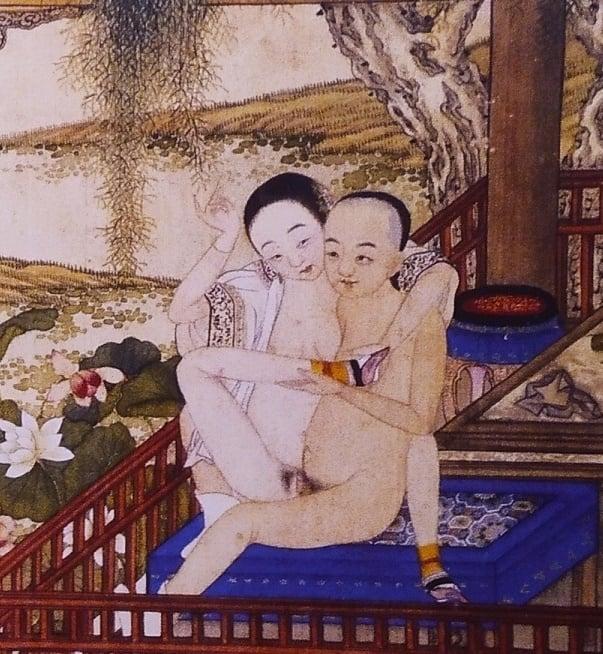Chinese authorities have intensified their crackdown on erotica, with law enforcement agencies reportedly detaining individuals involved in the production and distribution of adult-themed content. Under increasing pressure to uphold moral standards and curb what officials describe as “vulgar” materials, police operations have targeted online platforms, publishers, and creators, raising concerns about censorship and the boundaries of creative expression in China. This article explores the latest developments in Beijing’s campaign against erotica, examining its implications for the country’s cultural landscape and digital economy.
Crackdown on Erotica Raises Concerns Over Free Expression in China
Recent enforcement measures targeting erotic content in China have sparked heated debate among advocates of free speech and digital rights. Authorities have intensified crackdowns not only on explicit material but also on literary erotica that previously occupied a gray zone within the country’s censorship framework. Critics argue that the broadened scope of regulation risks stifling creative expression and curtailing personal freedoms under the guise of moral policing. The implications extend beyond just content creators, impacting platforms, publishers, and readers who navigate complex boundaries set by regulators.
Key aspects fueling concern include:
- Ambiguous definitions: The lack of clear criteria on what constitutes prohibited erotica creates uncertainty.
- Impact on literature: Legitimate artistic works are increasingly at risk of removal or legal scrutiny.
- Platform accountability: Digital platforms face mounting pressure to self-censor or face penalties.
- Chilling effect: Writers and publishers may resort to self-censorship to avoid repercussions.
| Year | Reported Erotica Cases | Platforms Affected | Government Statements |
|---|---|---|---|
| 2022 | 120+ | 30+ | “Safeguarding public morality” |
| 2023 | 180+ | ||
| 2023 | 180+ | 45+ | “Strengthening online content regulation” |
| Legal Term | Interpretation | Impact on Writers |
|---|---|---|
| Obscenity | Broadly defined; no clear thresholds | High risk of content removal or arrest |
| Harmful Content | Includes politically sensitive material | Writers self-censor to avoid repercussions |
| Public Morality | Subject to local enforcement interpretation | Inconsistent application across regions |
Balancing Regulation and Creativity Recommendations for Protecting Artistic Freedoms
Governments face the formidable challenge of enforcing laws that maintain social order without encroaching on the creative liberties that fuel artistic innovation. Overregulation, especially concerning sensitive content such as erotica, risks stifling cultural expression and pushing creators into clandestine spaces, away from constructive dialogue and criticism. It is crucial to establish clear, transparent guidelines that distinguish between harmful material and legitimate artistic exploration, ensuring that law enforcement actions do not become a blunt instrument that indiscriminately suppresses creativity.
To achieve this delicate balance, policymakers should consider the following recommendations:
- Engage stakeholders: Artists, legal experts, and civil society should participate in consultations to frame practical, balanced rules.
- Promote artistic literacy: Training law enforcement to understand context and symbolism behind artistic works can reduce misinterpretations.
- Implement review panels: Independent bodies can assess controversial cases to prevent arbitrary censorship.
- Encourage self-regulation: Supporting industry-led codes of conduct fosters responsibility without heavy-handed restrictions.
| Stakeholder | Role in Protection |
|---|---|
| Artists | Advocate for creative rights |
| Legal Experts | Interpret laws in cultural context |
| Law Enforcement | Apply laws with nuance |
| Civil Society | Monitor freedom abuses |
| Policy Makers | Create balanced frameworks |
Key Takeaways
As authorities in China intensify their crackdown on erotica, the move underscores broader efforts to regulate online content and enforce cultural norms within the rapidly evolving digital landscape. This development not only raises questions about censorship and freedom of expression but also highlights the ongoing balancing act faced by the Chinese government as it navigates the tension between control and modernization. The full implications for writers, platforms, and readers remain to be seen as the situation continues to unfold.




